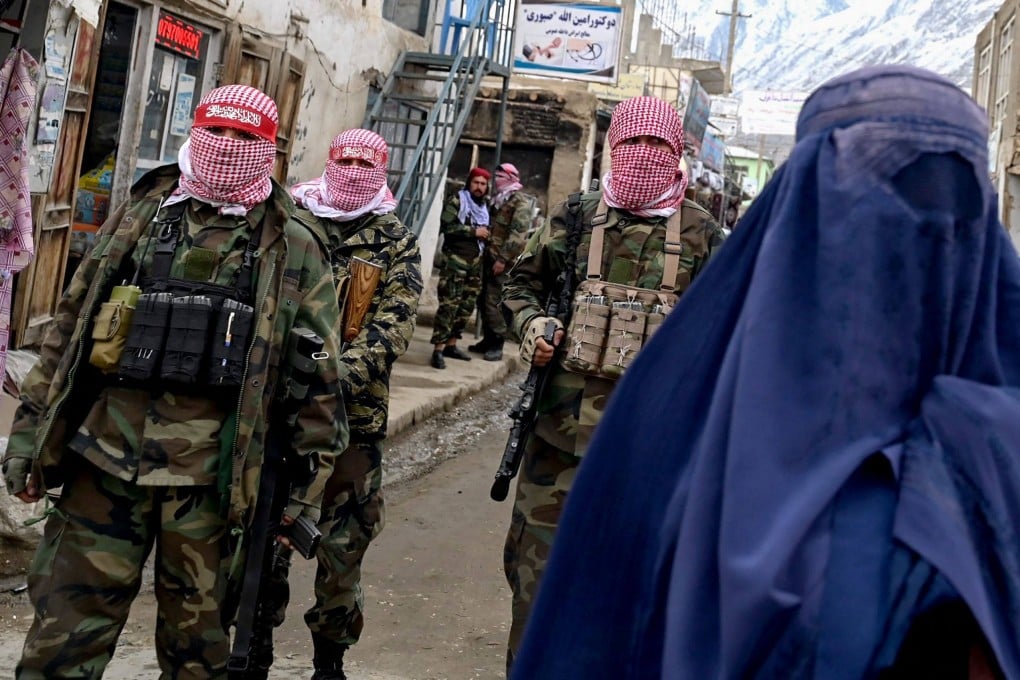Advertisement
UN ‘appalled’ by public executions in Afghanistan
- Three public executions have been carried out at sports stadiums in the past week
- Witnesses said shooting executions were carried out by relatives of murder victims
Reading Time:2 minutes
Why you can trust SCMP
3

The United Nations condemned recent public executions in Afghanistan, urging the Taliban authorities to cease the use of capital punishment.
Afghanistan’s Taliban government publicly executed three convicted murderers in the past week on death warrants signed by Supreme Leader Hibatullah Akhundzada.
All three men were shot multiple times in front of large crowds that included the families of their victims.
Advertisement
“We are appalled by the public executions of three people at sports stadiums in Afghanistan in the past week,” said Jeremy Laurence, spokesman for the UN Human Rights Office of the High Commissioner in a statement on Wednesday.

“Public executions are a form of cruel, inhuman or degrading treatment or punishment,” the statement added.
Advertisement
Advertisement
Select Voice
Select Speed
1.00x